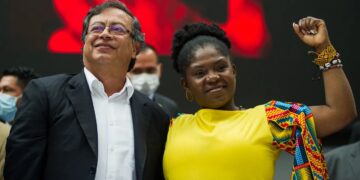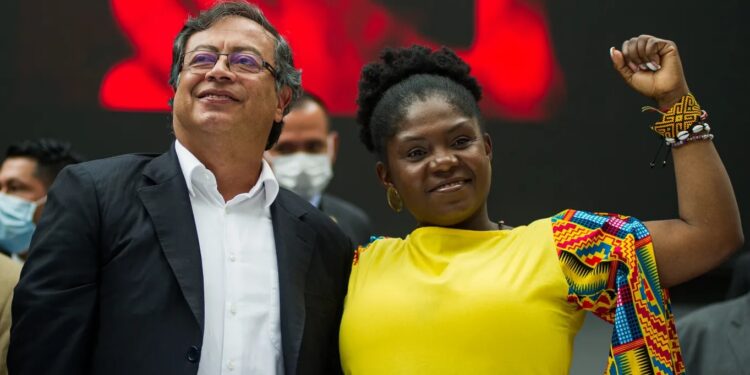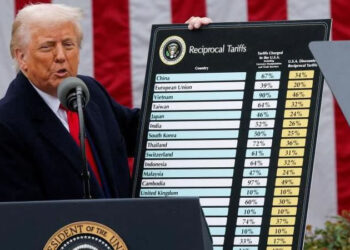By John Ikani
Colombia has announced its decision to introduce Swahili lessons in schools in a bold move that aims to celebrate Colombia’s African heritage.
The announcement was made by Vice President Francia Marquez upon her return from an official visit to Ethiopia, Kenya, and South Africa.
The initiative forms part of a broader accord signed during her trip, which fosters cultural exchange between Colombia and African nations.
The introduction of Swahili lessons in Colombian state schools will not only enable Colombian teachers to impart Spanish language skills in Africa but will also provide teachers from African countries, particularly Kenya, with an opportunity to teach Swahili in Colombia.
Vice President Marquez expressed her enthusiasm for the program, stating, “It will be offered to Colombians of African origin and to anyone who would like to learn the language. This is important for reconnecting with roots and rebuilding historical memory.”
The decision, however, did not come without its fair share of controversy.
Critics from the political right quickly seized upon the announcement, overshadowing other important agreements reached during Marquez’s trip.
Pascal Drouhaud, an expert on Latin America and president of the France-Latin America Association, highlighted the political nature of Marquez’s decision, emphasizing that it reflects her government’s social vision for Colombia.
According to Drouhaud, the move is significant as it sheds light on the persisting inequalities within the country and allows Marquez to advocate for the inclusion of Afro-Colombians.
“For many years, she has been saying that being of African origin, being Black, in Colombia is more difficult than being of European origin,” stated Drouhaud.
The decision serves as a powerful statement in addressing the challenges faced by individuals of African descent in the country.
With approximately 9 per cent of Colombia’s population, comprising just under 52 million people, being of African descent, the move holds great cultural significance.
Vice President Marquez herself is a trailblazer as Colombia’s first black female vice president, elected alongside President Gustavo Petro, the country’s first-ever leftist leader.
Throughout her career, Marquez has been a passionate advocate for environmental and human rights, firmly committed to promoting multiculturalism and the inclusion of Colombia’s Black and indigenous communities.




































